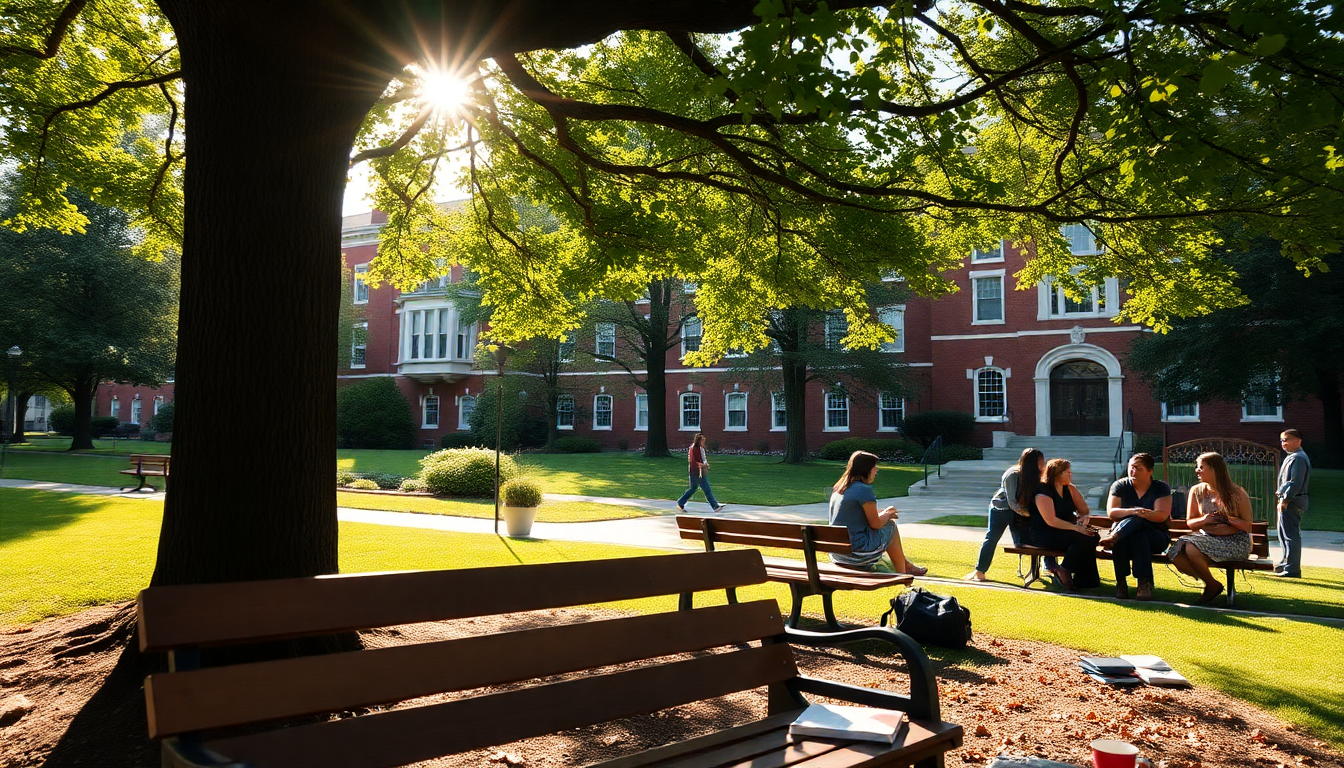Table of Contents
With U.S. visa policies becoming increasingly uncertain, Harvard University is stepping up to support its international students. Recently, a federal judge temporarily blocked the Trump administration’s attempts to enforce new restrictions on foreign students. This ruling allows Harvard to keep its visa program intact. To further safeguard its students, Harvard has teamed up with the University of Toronto to create backup plans. These initiatives aim to ensure that international graduate students can continue their education without a hitch, even if they run into issues re-entering the U.S.
Understanding the Current Landscape of U.S. Visa Regulations
The world of U.S. visa regulations has certainly been rocky, particularly for international students. Just look at the Department of Homeland Security’s recent moves to limit Harvard’s enrollment of foreign students. This situation has left many students feeling precarious. The agency’s demand for extensive documentation regarding student visa holders—like behavioral records and even footage of protests—has raised serious privacy concerns. Who wouldn’t worry about their personal information being scrutinized?
In response to these challenges, Harvard’s decision to develop a contingency plan shows a real commitment to its diverse student body. This initiative aims to ease the worries of students who might struggle to return to the U.S. due to visa complications. Considering that over 50% of students at the Harvard Kennedy School come from outside the U.S., the significance of international representation within the program is undeniably crucial.
Collaboration with the University of Toronto
Harvard’s partnership with the University of Toronto is a smart move designed to create a supportive environment for international students. Those enrolled at the John F. Kennedy School of Government will have the chance to continue their studies through a visiting student program at the Munk School of Global Affairs and Public Policy. How reassuring is that?
This program not only offers stability but also upholds academic rigor by including courses taught by faculty from both institutions. Collaborations like this are vital for maintaining quality education, especially as external challenges loom. The deans of both schools are optimistic that students facing visa restrictions will make use of this initiative, provided there’s enough interest.
Financial Implications and Future Outlook
While the immediate focus is on ensuring that students can continue their education, the financial landscape for institutions like Harvard is also shifting dramatically. With the Trump administration proposing cuts to federal research funding—billions of dollars that impact Harvard—the university faces tough choices. Layoffs at the Kennedy School and budget adjustments are becoming the new normal as institutions navigate these financial pressures.
Looking ahead, it’s crucial for Harvard and similar universities to adapt to these changing circumstances. The development of contingency plans reflects a broader trend in higher education: prioritizing student welfare amid regulatory uncertainties. As this situation unfolds, ongoing collaboration between universities and responsive policies will be essential in supporting the academic journeys of international students. Isn’t it reassuring to see institutions take such proactive steps in these challenging times?


